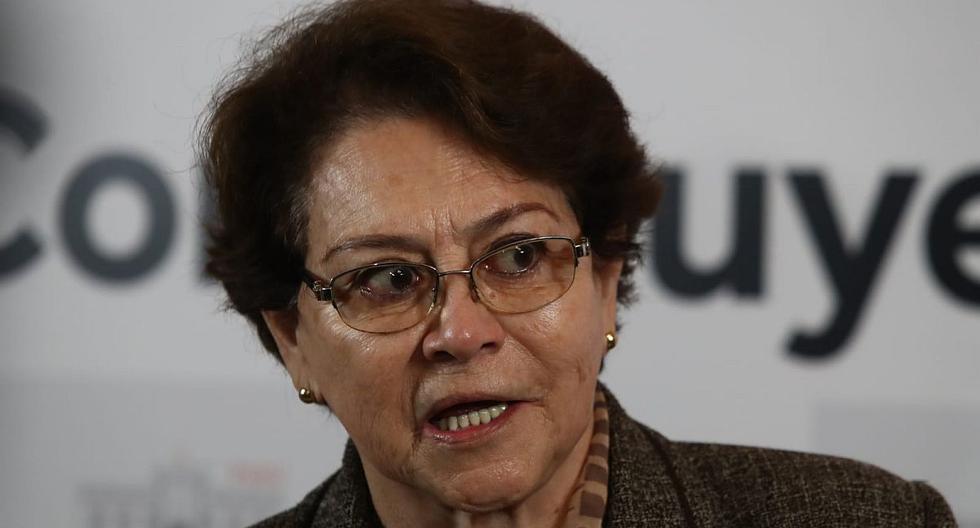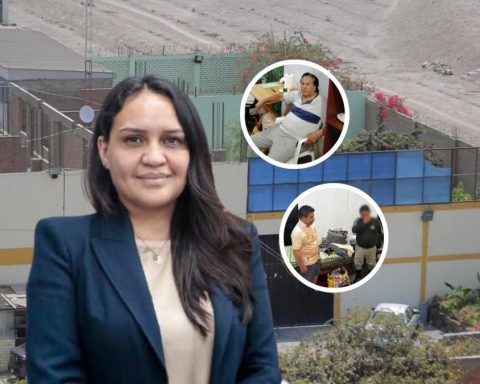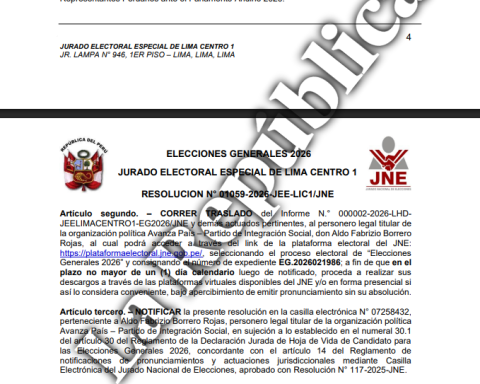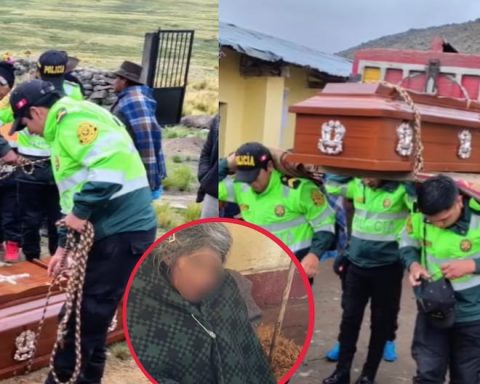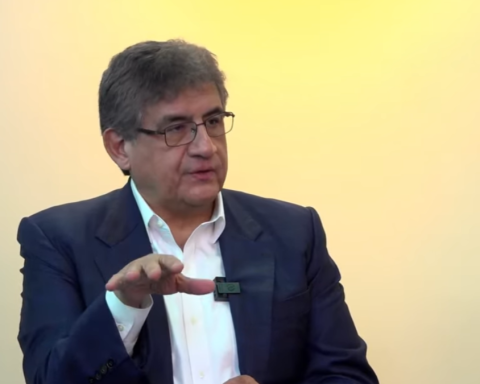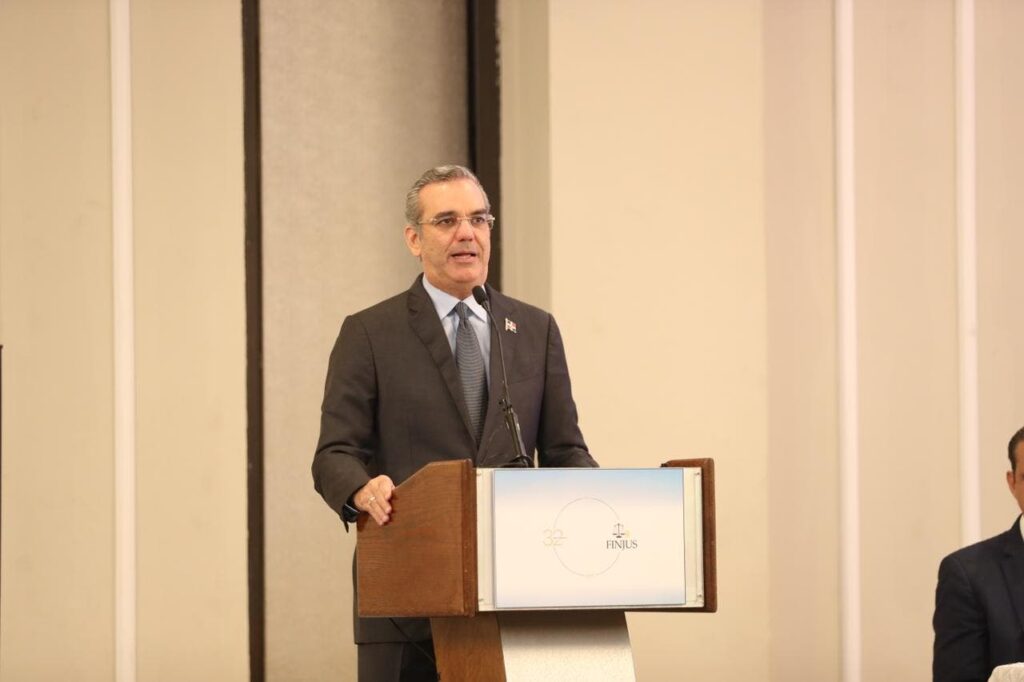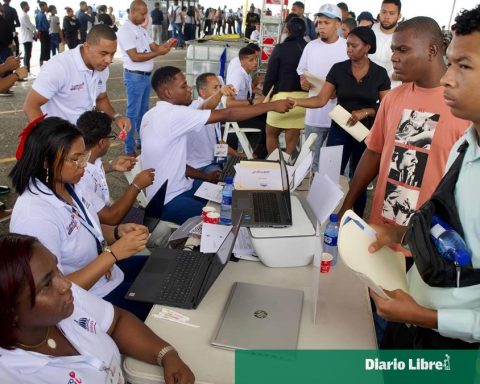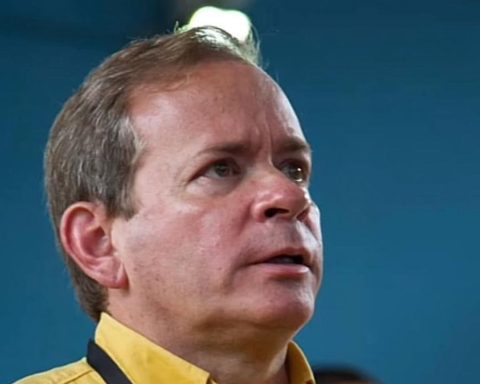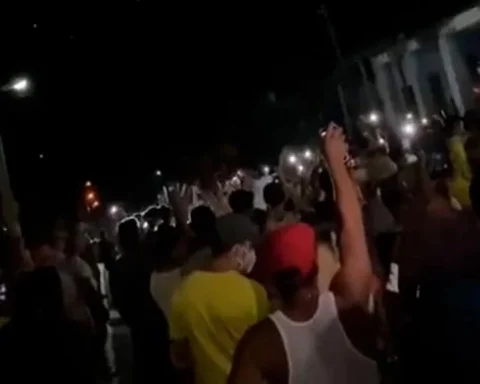the congresswoman Gladys Echaiz (Popular Renovation) ruled on the decision made by the Constitutional Court (TC) to declare inadmissible the request to expand the competence claim presented by Congress against the Judiciary, which sought a correct interpretation of article 117 of the Magna Carta.
The parliamentarian recalled that the TC is a body that makes decisions but does not pronounce itself before consultations, for which she explained that an interpretation of the aforementioned article should have been requested from an international entity.
“The Constitutional Court is a decision-making body, not a consultation body. I believe that, if a query was wanted, it should have been made to the international bodies that are empowered to do so”, declared for the press
Next, Echaíz indicated that the Legislature itself could have made the interpretation. In that sense, he stressed that it was foreseeable that the Constitutional Court would take that position.
“He who gives the law interprets it. The one that gives the law is the Congress and we can do it, the Congress has not said that it cannot do it. In the midst of the circumstances, opinions go, opinions come and probably someone suggested some advice from an advisor to make that consultation and it was foreseeable that the Court was going to declare that”, expressed the former prosecutor of the Nation.
TC’s decision
This Tuesday, October 25, the plenary session of the TC admitted in part the competence claim presented by the Congress of the Republic against the Judiciary, but rejected the part of the claim that requested that the correct interpretation of article 117 of the Constitution be specified. , which was raised after the constitutional complaint made by the Public Ministry against President Pedro Castillo.
The request had been submitted as a result of a series of court rulings that went against the methods of electing the Ombudsman and other powers of Parliament.
In a statement, the TC indicates that “does not have consultative competence” and that it can only act when there are specific cases in which specific rights are violated.
RECOMMENDED VIDEO
:quality(75)/cdn.jwplayer.com/v2/media/xi2CvCjR/poster.jpg)
